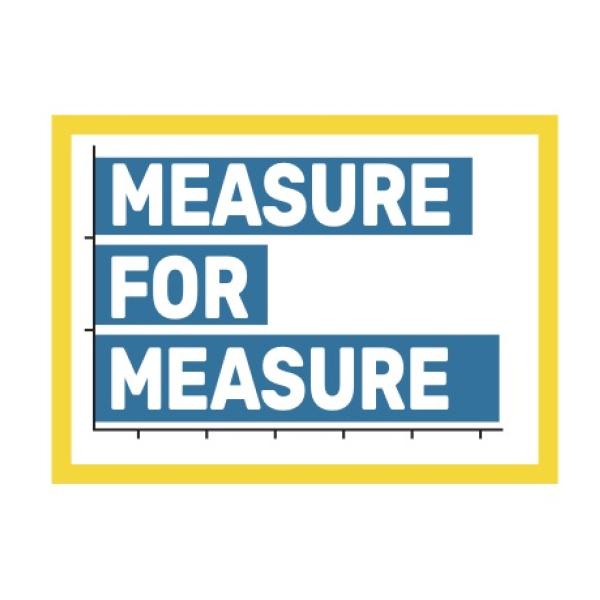Addressing Substance Use Disorder with the Arts

"Recovery Starts With Us" mural activation at Art Squared in September 2024. Recovery Starts With Us, a public awareness campaign, is one of three Indy Arts Council initiatives that aims to address the prevalence of addiction and substance use disorder in Marion County, Indiana. Photo by The Basement
The number of deaths from opioid overdoses in the U.S. increased tenfold from 1999 to 2022, with certain states experiencing higher overdose mortality rates. Indiana ranks in the top 15, and it is in the top 10 states for opioid prescriptions.
The Indy Arts Council responded to the prevalence of addiction and substance use disorder in its community with three initiatives, all of which were funded in part by the city of Indianapolis’ opioid litigation settlement, secured through lawsuits against opioid manufacturers, distributors, and retailers.
One of these initiatives is Arts for Awareness, which began by funding projects that use arts-based activities that aim to prevent or build awareness of substance abuse in Marion County, of which Indianapolis is the county seat. In July 2024, Indy Arts Council announced the first four Arts for Awareness grant recipients: one artist, two arts organizations, and one residential recovery center. Projects could be conducted by nonprofits or individual artists, but they require that artists and addiction and substance abuse experts collaborate.
In fall 2024, it was announced the Arts for Awareness program was one of nine arts and health projects that would receive a non-matching $150,000 grant from the National Endowment for the Arts to expand its work beyond grantmaking.
Funds from the Arts Endowment will allow the Indy Arts Council to contract with arts organizations which will collaborate with substance abuse experts to develop arts-based projects that aim to prevent and/or create awareness around addiction. They will also convene an advisory group, which will include the City of Indianapolis’s Office of Public Health and Safety and the Marion County Public Health Department, to ensure that the projects are following evidence-based practices. Together the advisory group and participating Arts for Awareness partners will come together for four discussion-based, in-person convenings to share knowledge, enhance ongoing work, and provide case studies for others to use when designing similar programs.
As a local arts agency, the Indy Arts Council is uniquely positioned to bring together government entities with the arts community to address public health concerns.
“Because substance use disorder has been such a prevalent issue in Indiana and Indianapolis, I think we are primed to try different things and try new things and create these partnerships,” said Nikki Kirk, Indy Arts Council’s director of community impact and strategic investment.
“[Indy Arts Council is] in a really good position to bridge the gap between artists and arts organizations’ work and city officials and health departments’ work to really build cohesion for this type of programming.”

Indy Arts Council's "Recovery Starts with Us" Campaign. Original artwork by Scott Johnson
Dove Recovery House for Women, one of the first Arts for Awareness grantees, is the largest residential recovery center for women suffering from substance abuse in the state of Indiana. They are using their Arts for Awareness grant to integrate music therapy and art groups into their existing treatments. Women in the program will have the opportunity to share artwork or music developed during their sessions with the community in order to change the narrative through sharing real stories around substance abuse and those who suffer from it.
Research, including that supported by the NEA, has found that the arts benefit people’s health—physical, cognitive, social, and emotional—and can specifically assist with the treatment and substance abuse prevention. Kirk said Indy Arts Council has benefited from public health and city officials embracing the arts role in this arena.
“What they recognize is that these creative activities are really essential to supporting overall wellness, especially as it relates to mental health issues,” she said.
In addition to ensuring the interventions used by grantees are backed by the healthcare community, Kirk said they are also using data to ensure these projects are reaching those who need it most.
“When we come into this programming, we're making sure that we are identifying those that are most impacted by this disease, utilizing those target audiences and the data from our health departments and from our coroner's office to really make sure that this is reaching the people that it needs to reach.”
“[Substance abuse] is a city epidemic. It's a state epidemic. It's a national epidemic,” she said. “So it's something that we all have to walk into together. To make sure that everybody's voice is at the table, heard, and represented is really important. We're making sure to base everything in the data that we are receiving from our health partners and in the expertise that we have from our artists and arts organizations—what their programming and impact looks like directly—to make sure that this is a really true and fruitful partnership.”




